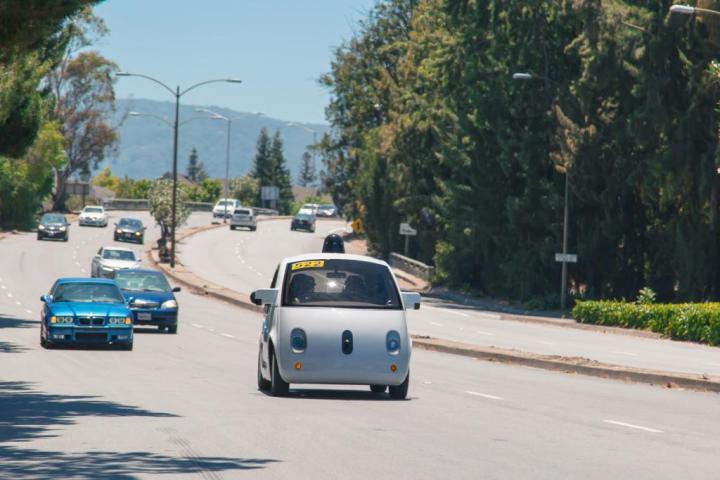
The researchers found that the national crash rate estimate is 4.2 per million miles for cars with human drivers, while the crash rate for self-driving cars in autonomous mode is 3.2 per million miles. The study notes that national crash data is complicated by the varying incident reporting requirements in each state, as well as the fact that not all car crashes are reported.
The authors of the study, titled “Automated Vehicle Crash Rate Comparison Using Naturalistic Data,” also point out that in California, where most automated vehicles currently function, all crashes involving a self-driving car must be reported.
Thus, we have a situation in which we are attempting to analyze self-driving car data, which has a full record of all crashes, relative to the current vehicle fleet, which has an incomplete record of crashes,” the researchers write. “The comparison is, as the old saying goes, apples to oranges.”
The authors of the study also note that they had about 1.3 million miles of data for self-driving cars compared with the nearly 3 trillion miles driven by traditional cars with humans behind the wheel in 2013. This may help explain why other studies, including one released in October by the University of Michigan Transportation Research Institute, may arrive at different conclusions.
Though data is limited, self-driving cars have lower rates of more severe crashes and lower rates of less severe crashes compared to national rates or rates from naturalistic data sets. Also, self-driving cars were never at fault in crashes when using methods from the Second Strategic Highway Research Program, according to the researchers.
Editors' Recommendations
- Tesla Autopilot vs. full self-driving: What’s the difference?
- Beleaguered robotaxi startup Cruise lays off quarter of workforce
- Cruise’s robotaxi service suspended by California regulator
- Waymo expands robotaxi service area in San Francisco
- Cruise autonomous vehicle drives over woman just after she was hit by another car

